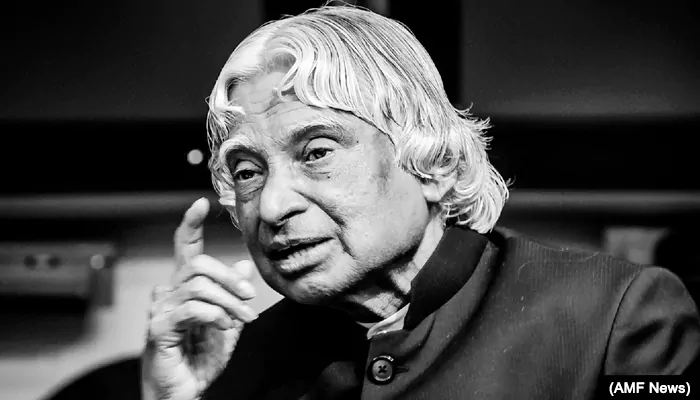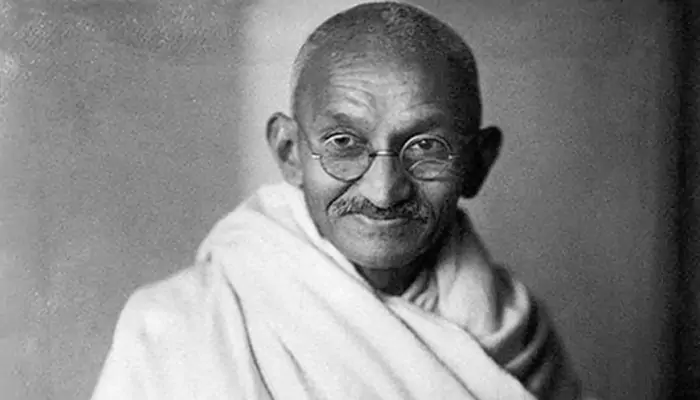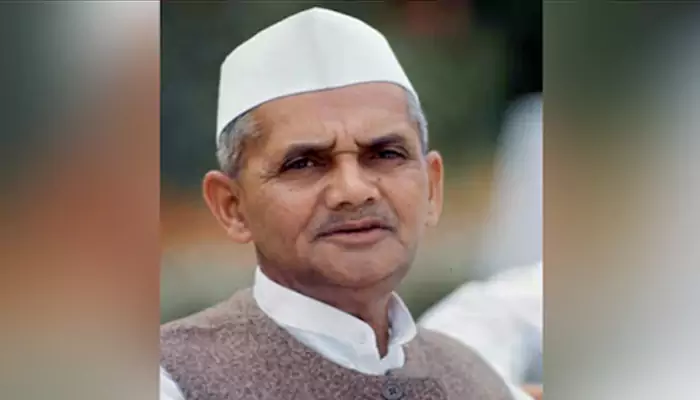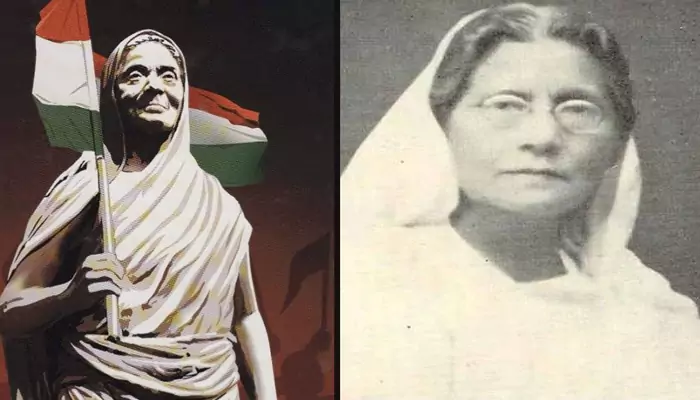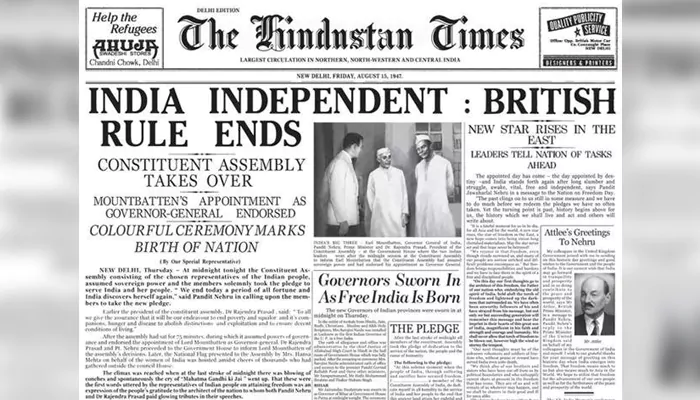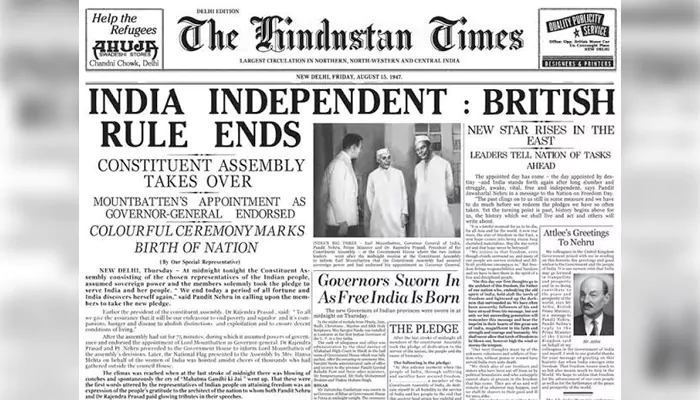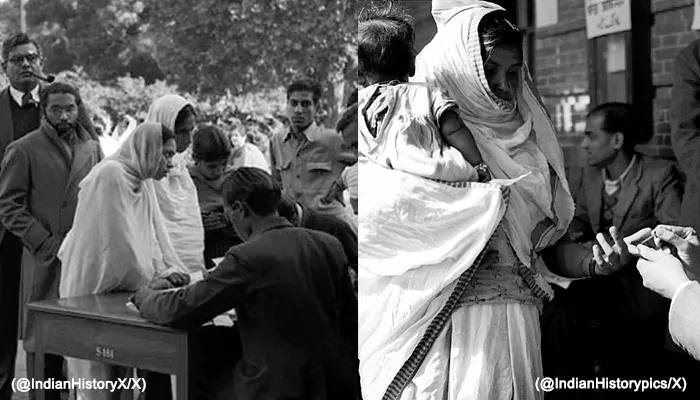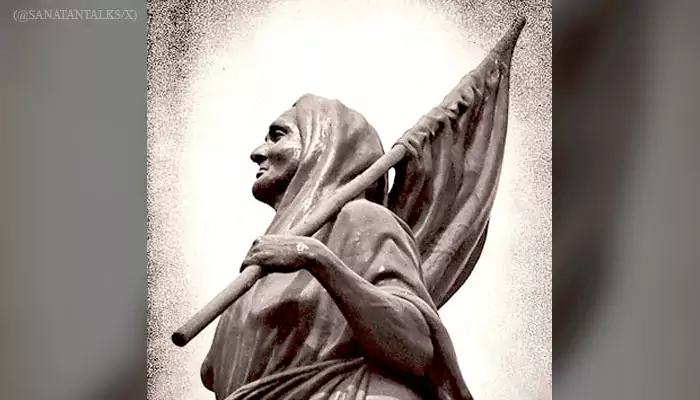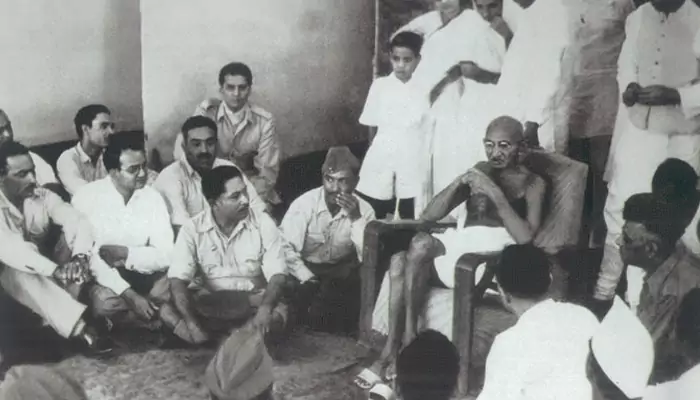Dhirubhai Ambani’s Death Anniversary: Lessons in Risk, Vision, and Hustle That Still Matter Today
- Sayan Paul
- 6 months ago
- 6 minutes read

Dhirubhai Ambani started his career by selling chaat-pakodas. Within a few decades, he became one of Asia's richest people.
The greatest capital in business isn’t money. It’s an idea. Money may follow, but without an idea, there’s no beginning. And if that idea is big enough, paired with sharp vision and proper strategy, it can build an empire. Dhirubhai Ambani knew this well. Born into a modest family with no privilege or safety net, he dreamt big and looked far ahead. He said, “Ideas are no one’s monopoly,” and he lived by it. He built Reliance out of nothing, and today, that empire reigns worldwide.
On the late businessman's death anniversary, we look back at the man who redefined Indian entrepreneurship not just for his wealth, but for the mindset he championed. Let's discuss how his story offers lessons in risk-taking, vision, and hustle that may inspire the dreamers of today.
Risk: Taking the Leap Before Anyone Else
Dhirubhai Ambani’s story begins with a leap. At just 17, he left Chorwad for Aden to work at a gas station. And it was his entry point into the world of global trade. While most would have stayed safe and steady, he returned to India in 1958 with Rs. 15,000 and a plan: to start a spice trading company in a market already full of big names. That first risk was just the beginning. In 1966, he moved into textiles and launched “Vimal”, a brand that would go on to become a household name. Banks weren’t eager to lend him money, but that didn’t stop him either. He trusted the product, focused on scale and quality, and kept pushing forward. His most iconic move came in 1977, when he took Reliance public. At a time when the stock market was considered a space for the elite, he opened the doors for everyday Indians to invest in his vision. Teachers, clerks, small traders - thousands became shareholders. For many, it was their first step into the world of equity, and for Dhirubhai, it was a way to raise capital without waiting for bank approvals.

Credit: indianhistorypics
One of the most talked-about moments in his business career was the 1982 battle with the "Bear Cartel," where stock market operators bet against Reliance. Dhirubhai countered with strategic purchases through investor allies, turning the tables and protecting Reliance's market value. While the episode drew criticism and investigations, it also showed his sharp instincts and refusal to be cornered.
Vision: Seeing What Others Couldn’t
Dhirubhai always stayed ahead of the market trends. In the 1960s, when synthetic fabrics were barely a blip on the radar, he saw their potential to serve India’s growing middle class. Vimal was a brand built with trust and affordability. But he didn’t stop at textiles. His biggest strength was integration. He wanted Reliance to control every step, from raw materials to finished products. So he entered petrochemicals, and later, refining and telecom. Each move looked ambitious at the time, but in hindsight, it was all part of a well-drawn blueprint. The Jamnagar refinery, launched in 1999, is a symbol of that vision. Built at a time when India wasn’t considered capable of such industrial feats, it went on to become the largest grassroots refinery in the world. In 2025, Nita Ambani described Jamnagar as “the land of Dhirubhai’s dreams”, a fitting tribute to a man who saw possibilities before others even saw the path.

Dhirubhai Ambani for site selection at Jamnagar for the Refinary.
His foresight extended into digital communication. Long before India’s mobile boom, Dhirubhai laid the foundation for what would later become Jio. When it finally launched under Mukesh Ambani in 2016, it shook the entire telecom industry, something Dhirubhai had envisioned decades earlier.
Hustle: Building Without a Shortcut
Dhirubhai’s success wasn’t just about strategy. It was also about relentless effort. In Aden, he worked by day and learned by night, studying markets, prices, and how global business operated. When he started Reliance, it was from a tiny 350-square-foot office in Mumbai. He understood that belief was as important as capital. In the 1970s and 80s, he traveled across the country, personally meeting small investors and convincing them to invest in Reliance. His Annual General Meetings became legendary, as some were held in stadiums, with live telecasts and packed audiences. For many Indians, this was the first time a corporate leader seemed truly accessible.
Even after a stroke in 1986 left his right hand paralyzed, he continued to work. The health setback didn’t slow him down. He expanded into newer industries and kept pushing the company forward until his passing in 2002.
"Dhirubhai Ambani — The Man Who Turned Dreams Into Dynasties."
— ThreadsOfHope (@humanity_anant) June 2, 2025
Dhirubhai Ambani began with nothing, fueled by vision and grit, and built Reliance into India’s biggest business empire from scratch.#DhirubhaiAmbani
#RelianceLegacy
#FromNothingToEmpire
#SelfMadeLegend #Ambani pic.twitter.com/wCbFNkUCzB
Credit: ThreadsOfHope
His journey wasn’t without its setbacks. Early on, a business partnership fell apart. Instead of quitting, he went solo and built Reliance from the ground up. He didn’t let bureaucracy, criticism, or health challenges derail him. He simply kept moving.
Dhirubhai wasn’t without controversy. His rise drew criticism, and there were serious questions raised over his proximity to power and allegations of market manipulation. But even his harshest critics admit that he changed the game. He showed us that one doesn't need a fancy degree or foreign capital to build something big. What's needed is clarity of purpose, courage to take risks, and the persistence to keep going, even when things look uncertain. So yes, if you are an entrepreneur (or aspiring) reading this, keep your eyes open, work hard, take bold bets, and don’t wait for the perfect conditions. In Dhirubhai's words, “Pursue your goals even in the face of difficulties, and convert adversities into opportunities."

